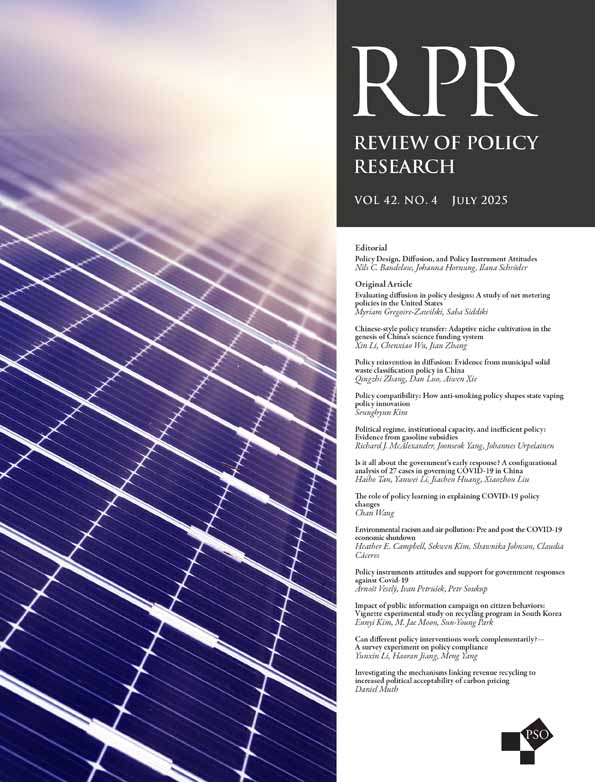HOPE VI: A Promising Vintage?
Karin A. Lennon is a senior evaluator with The General Her career begain in 1987 at the Detroit Regional O f l a Sirrcc 1990keb worked on food safety and quality, Medicaid, tax adntinishatim, ond employment services. Since 1997 she has concentrated OR kouisfng md community development, including HUD b takeover if the Chicago Housing Authority. She holds a BA in marketing from John Carnil University.
Elizabeth R. Eisenstadt has been a communications anulvst at the U.S. Generul Accounting Office since 1990. She received her Ph.11. in Engllish literature from Washington University in St. Louis, Missouri.
Abstract
Public housing policies in distressed communities if they are to succeed, must be based on much more realistic assumptions than they are now. We look at HOPE VI, a public housing policy that not only changes the physical environment, but also social services, job training, work opportunities, transportation, child care and other support services. HOPE VI goes a long way to improving public housing policies for distressed communities.




